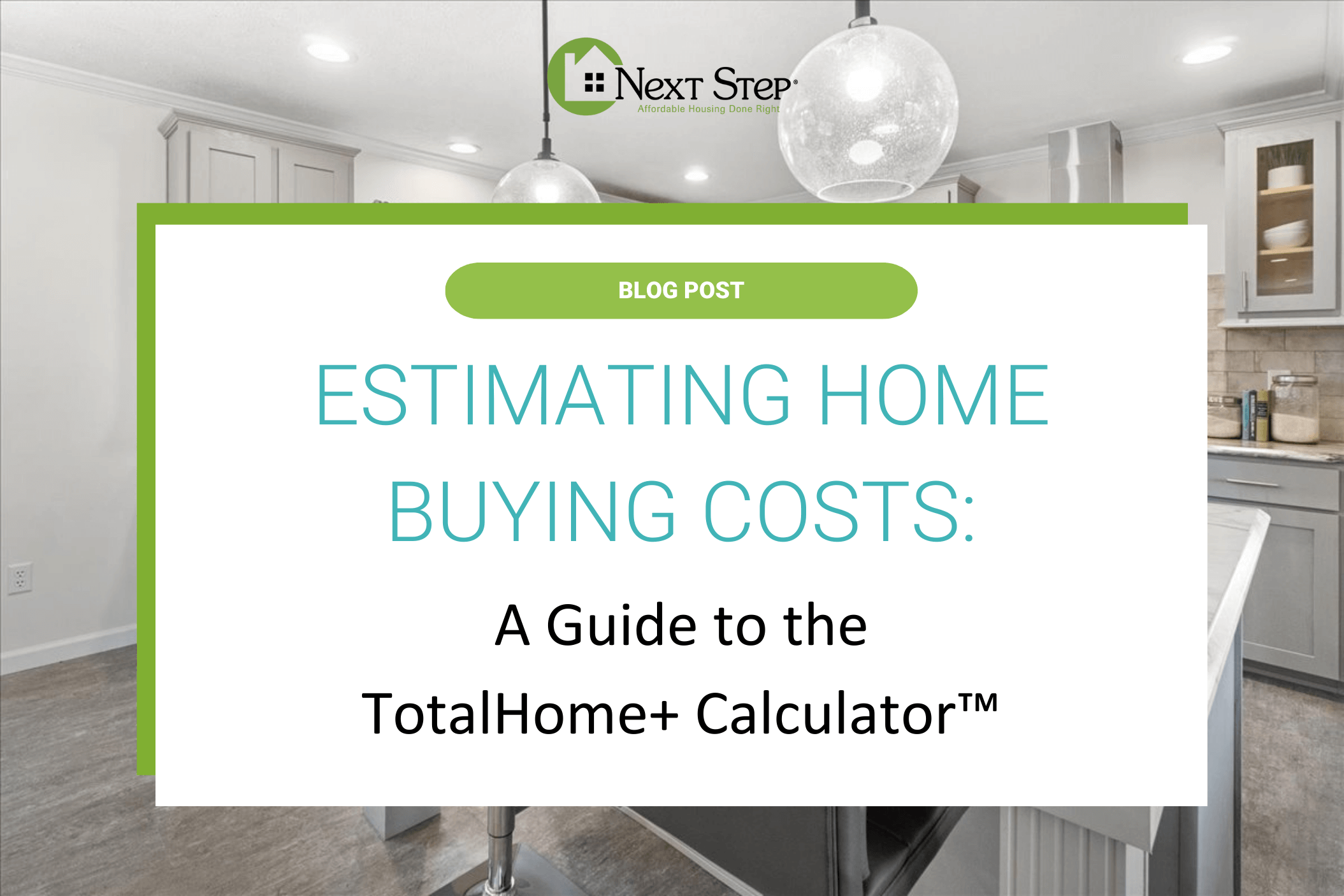Purchasing a new home is the largest purchase many of us will ever make. It requires careful planning and a thorough understanding of the associated costs. The purchase process can be complex, especially for first-time homebuyers, but resources like our TotalHome+ Calculator™ can help homebuyers start with a better understanding of the financial commitment.
Now, let’s familiarize ourselves with the various factors influencing the cost of purchasing a home, how to effectively use the TotalHome+ Calculator, and additional tips to ensure a smooth home-buying experience.
Understanding the TotalHome+ Calculator
The TotalHome+ Calculator is an online tool designed to help prospective homebuyers estimate their monthly mortgage payments and understand the financial commitment of purchasing a factory-built home. By inputting specific details about the type of home and its location, users can get a more accurate estimate tailored to their situation. While the calculator provides a valuable starting point, it is important to note that it uses national averages and does not account for regional variances, land costs, or other local factors.
Key Factors Influencing Home Buying Costs
- Type of Home: The cost can vary significantly depending on whether you buy a single-family home, a condo, a townhouse, or a factory-built home. Each type has different base prices, maintenance costs, and resale values.
- Location: Real estate prices fluctuate based on geographic location. Homes in urban areas tend to be more expensive than those in rural settings due to higher demand and land costs.
- Land Costs: For factory-built homes, the cost of the land where the home will be placed is a crucial factor. This can vary widely depending on the area.
- Home Size & Features: New manufactured homes can be customized with upgraded features like energy-efficient systems, attics, porches and more – all add to the final cost of the home.
- Financing: The interest rate on your mortgage, the length of the loan, and your down payment amount will all affect your monthly payments and the home’s total cost.
- Insurance & Taxes: Homeowners insurance and property taxes are recurring costs that must be factored into a budget.
- Maintenance & Utilities: Regular maintenance and utility costs can increase, particularly in older homes or regions with extreme weather conditions.
How to Use the TotalHome+ Calculator
- Select Home Type: Choose whether you’re interested in a single-section or multi-section manufactured home. The calculator will adjust the cost estimates based on the home type selected. Multi-section homes have larger, more varying dimensions than single-section homes and are delivered in two or three sections that are joined together at the home site.
- Select Home Location: Choose whether the purchased home will be placed in a community or on owned land.
- Choose Energy-Efficiency Preference: Adding the ENERGY STAR® certification can increase the initial purchase price of the home but save you money in the long term. For example, a factory-built ENERGY STAR-certified home can lower monthly utilities by up to 30%! Learn more about energy-efficient manufactured homes here.
- Review Your Estimate: The calculator will provide an estimated monthly payment and overall cost based on your selections. Use this information to gauge whether the home fits within your budget.
Additional Tips for Prospective Homebuyers
- Speak to a HUD-certified Housing Counselor: Housing counselors are experts who assist you throughout the home buying process, including creating a personalized budget and providing guidance on maintaining and maximizing your home’s long-term value. Learn more about homebuyer education here.
- Get Pre-Approved for a Mortgage: Before you start house hunting, getting pre-approved for a mortgage can give you a clear idea of how much you can afford and make you a more attractive buyer to sellers.
- Consider Hidden Costs: In addition to the obvious costs, remember to budget for closing costs, moving expenses, and any immediate repairs or renovations.
- Check Your Credit Score: A higher credit score can secure you a better mortgage rate, potentially saving you thousands over the life of the loan. Check your credit report for errors and work on improving your score if necessary. HUD-certified housing counselors can be invaluable during this stage. Next Step partners with local and national counselors to provide education services tailored to manufactured homebuyers.
- Work with a Real Estate Agent: An experienced real estate agent can provide valuable insights, negotiate on your behalf, and help you navigate the complexities of the home buying process.
- Plan for the Long Term: Consider how long you plan to stay in the home. Buying a home can be a significant financial commitment, and it’s essential to think about your future needs and plans.
Using tools like the TotalHome+ Calculator can provide homebuyers with valuable insights into the financial aspects of purchasing a home. By understanding the various factors influencing home costs and planning accordingly, buyers can make informed decisions and find a home that fits their budget and lifestyle.
For more detailed information and to use the TotalHome+ Calculator, visit nextstepus.org/totalhome-calculator.
